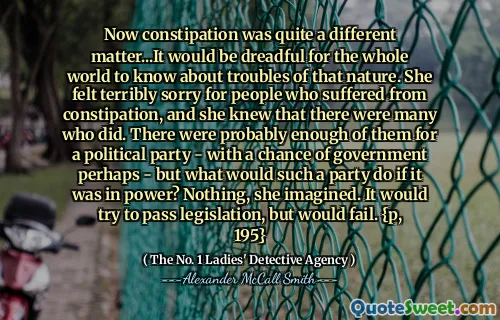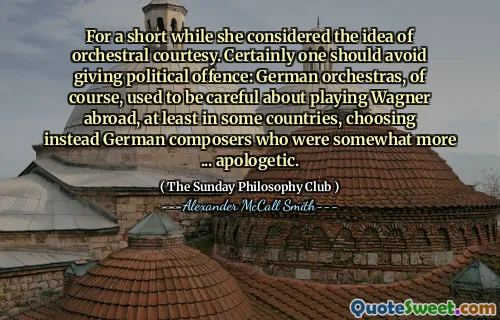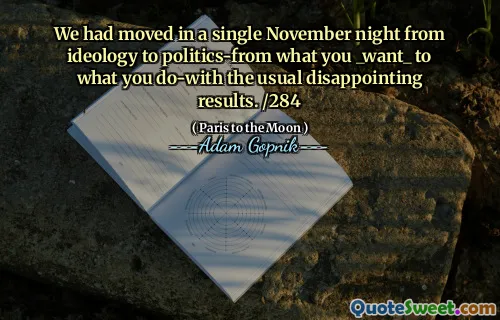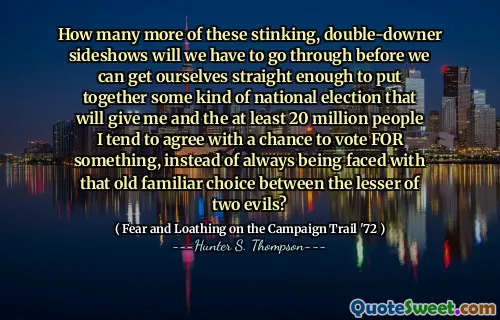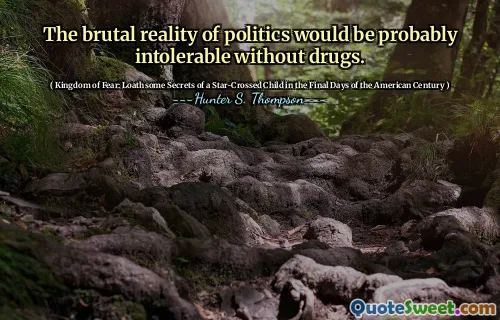
It is Arvind Kejriwal who believes in the politics of divide and rule.
This statement attributes a contentious political strategy to Arvind Kejriwal, a prominent Indian politician known for his activism and leadership in the Aam Aadmi Party. The idea of 'divide and rule' is historically associated with colonial powers seeking to weaken opposition and maintain control by sowing discord among groups. If we look critically at politics, accusations of implementing divide-and-conquer tactics often stem from perceptions of polarization, favoritism, or marginalization of certain communities or ideologies.
In democratic societies, the call for unity and collective progress is essential, and any political figure accused of divisiveness faces serious scrutiny. Nevertheless, it is vital to examine such claims critically—are they evidence-based or politically motivated accusations aimed at tarnishing a public figure's reputation?
Kejriwal's political narrative often emphasizes anti-corruption measures, service delivery, and state governance reforms. Whether his strategies genuinely foster unity or, conversely, rely on exploitation of existing divides, is a complex issue requiring detailed analysis.
Understanding the dynamics of political discourse requires a nuanced approach, recognizing that accusations of divide-and-rule are often crafted within larger narratives of political rivalry. As citizens and observers, engaging with the factual basis behind such claims is critical to maintaining a balanced perspective. Politics averages an intricate dance between articulation of policies, public sentiment, ideological battles, and sometimes, attempts to manipulate perceptions. Therefore, attributing divisiveness to a politician should be pursued with careful evidence, considering the broader political climate and context.
In contemplating this quote, it's essential to reflect on how political labels influence voter perceptions, potentially shaping narratives that might not fully capture the intricacies of governance and leadership. Ultimately, fostering open, fact-based discussions supports a healthier democratic environment where claims like these are scrutinized rather than readily accepted.






